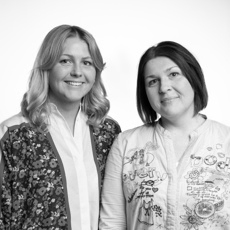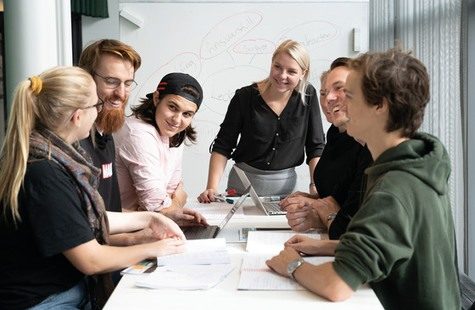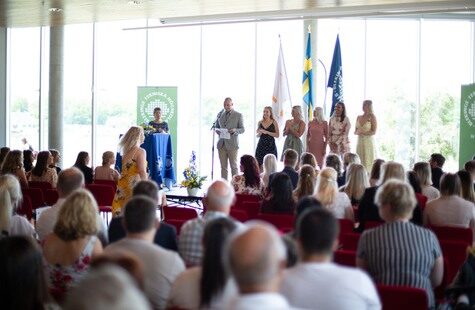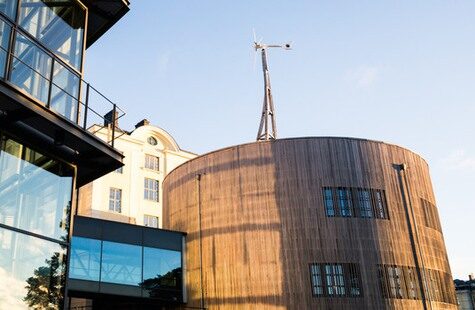Master’s Programme in Strategic Leadership towards Sustainability
60 credits
- Period : 2021-August-30 until 2022-June-05
- Location: Campus Karlskrona
- Type of instruction: On campus, day-time, full-time
- Application code: BTH-90563
- Language of instruction: English
- Programme syllabus: Download
It is no longer possible to apply to this occasion
Welcome letter (published 3 weeks before start)
Lead change that creates successful organisations that contribute to the sustainable development of society.
An education for change
This one-year Master’s programme in Strategic Leadership towards Sustainability aims to educate leaders capable of supporting the sustainable development of society in a way that strengthens their own organisation. You study how you can contribute to sustainable development by enabling change in complex systems.
The programme is built around two themes – strategic sustainable development and leading in complexity. You study how to use scientifically founded methodology to contribute to sustainable development by enabling change in complex systems.
Strategic sustainable development
You immerse yourself in how to support a transition to global sustainability through economically beneficial development of products, systems, organisations and communities. You learn about challenges, opportunities and methodology for strategic sustainable development.
Leadership in complexity
You study how to manage complexity and effectively enable change. You explore the complexity and its issues within social change and in your own leadership. You learn methodology to be able to lead collaborations that provide an attractive and sustainable future.
The programme consists of 60 credits and leads to a Master’s degree.
To fulfil the programme requirements regarding work experience, you must attach an employer certificate (in Swedish or English). Please find a template certificate here.
Please contact the Admissions Office with any questions regarding the entry requirements.
The tuition fee is SEK 70,000 per semester. One semester corresponds to 30 ECTS credits. EU/EEA citizens are not required to pay fees.
BTH offers a scholarship programme for both prospective students and current students. Learn more about scholarships.
Do you have any questions about the programme? Please send them to us using the form on the International Student Guide.

Programme content
Leadership for sustainability
An education for change
This one-year Master’s programme in Strategic Leadership towards Sustainability aims to educate leaders capable of supporting the sustainable development of society in a way that strengthens their own organisation. The programme is built around two themes – strategic sustainable development and leading in complexity.
Strategic sustainable development
Here, you learn how to handle complexity respectfully and enable change efficiently. You explore the complexity of both social change and your own leadership. You learn about the scientifically and practically validated methodology for leading in complexity to be able to lead collaborations that enable an attractive sustainable future.
Leading in complexity
Here, you learn how to handle complexity in a respectful way and enable change efficiently. You explore the complexity of both social change and your own leadership. You learn about the scientifically and practically validated methodology for leading in complexity to be able to lead collaborations that enable an attractive sustainable future.
Degree
The programme consists of 60 credits and leads to a one-year Master’s degree.
The main field of study: Strategic Leadership towards Sustainability.
Degree title in Swedish: Filosofie magisterexamen.
Note! The course list is tentative. See the programme syllabus for an established course list.
Courses autumn semester 2021
Strategic Sustainable Development, 12,5 hp
Leading in Complexity, 10 hp
Innovation for Sustainability, 5 hp
Strategic Planning for Sustainability, 7,5 hp
Research Methodology for Sustainability, 5 hp
Courses spring semester 2022
Master's Thesis (60 credits) in Strategic Leadership towards Sustainability, 20 hp
Students who apply for a course or programme, and meet the general and specific entry requirements, compete with one another for available places. When there are more qualified applicants than there are places for an education, the places are distributed through a selection. Read about the selection methods and procedure here.
The study programmes at BTH are continuously monitored and developed through yearly follow-up dialogues, course evaluations after each completed course, and programme evaluations. Results from follow-ups and evaluations can lead to changes in the programmes. These changes are always communicated to the students.
Each educational programme is tied to an advisory board that discusses issues such as the quality of the programme, its development, and relevance for the labour market. In the advisory board, or a committee to the advisory board, teachers, external members, students and alumni are represented.
The Master’s Programme in Strategic Leadership towards Sustainability (MSLS) has hosted more than 800 students from more than 90 countries, with great diversity also regarding age, gender, personalities, educational backgrounds and professional backgrounds. This tightly-nit community constitutes an utterly dedicated, competent, and unstoppable global ‘sustainability virus’, which gives me great hope for a better world. I am very proud of being part of the co-creation of this ‘force of nature’ and I welcome you to join our global MSLS-family.
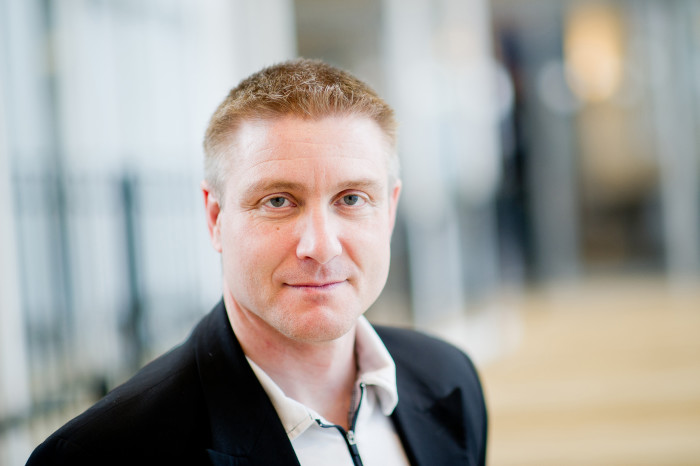
Professor Göran Broman, one of the programme founders
Research
 The research focuses on methodology support for companies, municipalities and other organisations that want to work strategically with sustainable development, i.e. organisations that want to contribute to society’s transition to sustainability in a way that strengthens the individual organisation.
The research focuses on methodology support for companies, municipalities and other organisations that want to work strategically with sustainable development, i.e. organisations that want to contribute to society’s transition to sustainability in a way that strengthens the individual organisation.
Learn more about our research in strategic sustainable development
Good to know
Look below for information about how to apply, entry requirements and important dates.
